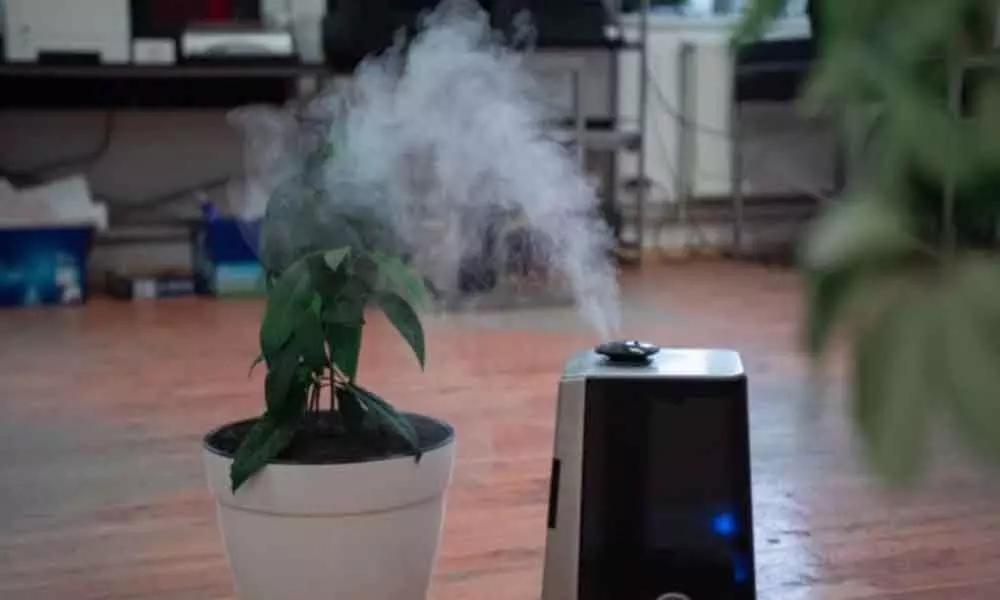New Delhi: Student researchers in Punjab develop algae-based air purifier

Student researchers in Punjab have developed an algae-based air purifier that will not only neutralise 98 per cent of the harmful gasses and particulate matter in the air but will also increase the amount of oxygen making indoors more breathable.
New Delhi: Student researchers in Punjab have developed an algae-based air purifier that will not only neutralise 98 per cent of the harmful gasses and particulate matter in the air but will also increase the amount of oxygen making indoors more breathable.
The researchers at Lovely Professional University and Indian Institutes of Science Education and Research (IISER), Mohali, have also filed for the patent and are now in discussion with industry experts for its commercialisation. "The powerful air purifier applies a completely new technology than what is used by the existing air purifiers in the market. The device, which uses an in-built container filled with marine algae, decontaminates the indoor air and effectively removes toxic industrial gases like carbon monoxide, nitrogen oxides and sulphur oxides with an impeccable success rate of over 98 pc and further infuses oxygen in the filtered air," Naveen Luthra, head of division of startup at Lovely Professional University, said.
"This innovative air purifier produces biomass as the byproduct of the photosynthesis process which can further be sold to industries like bio development products, FMCG and pharmaceuticals for producing energy," he said. The team, including BTech students Anant Kumar Rajput and Deepak Deb, has also developed a working prototype of the product and successfully conducted trials. It was led by A Sunila Patil, assistant professor at IISER, Mohali. "The product, OX- C, and its higher version OX- C 2.0 are expected to be commercialised by September 2020 and will cost about Rs 18,000 and Rs 25,000 respectively. The team is now working on algae-based face masks which they expect to develop by mid of 2020," Patil said.










